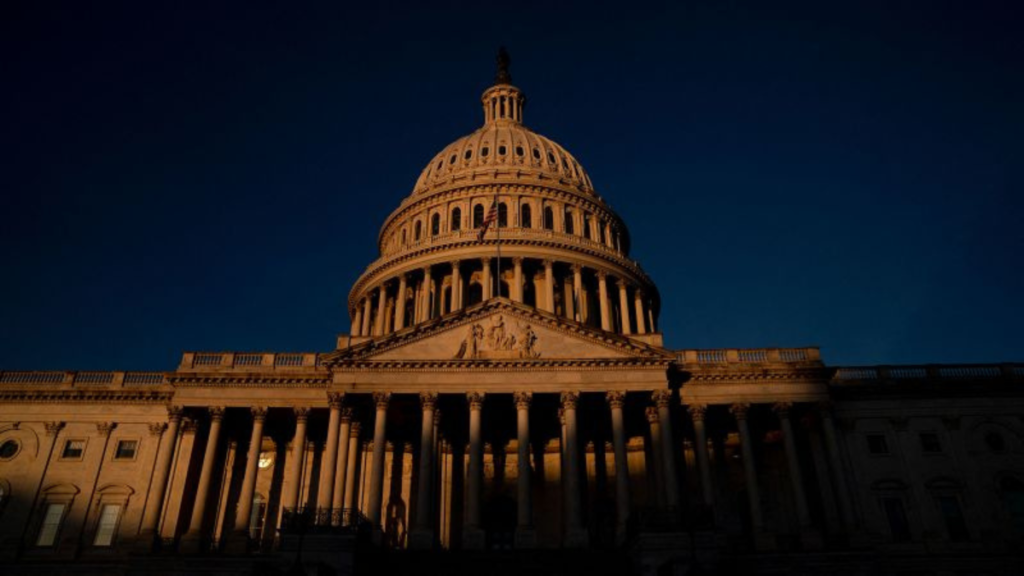Harvard, the University of Pennsylvania, and M.I.T. have faced accusations of Antisemitism incidents on their campuses following the Hamas attack on Israel. The university leaders, Dr. Claudine Gay, and Dr. Virginia Foxx, have acknowledged the challenges in balancing free expression and protecting against antisemitism. They have made efforts to support Jewish students, including denouncing the attack, increasing security measures, and establishing task forces to combat antisemitism.
A survey conducted by Hillel and the Anti-Defamation League revealed that Jewish students’ perceptions of safety and campus support have decreased significantly after the attack. Some students have even refrained from leaving their dorm rooms due to safety concerns.
The Council on American-Islamic Relations has reported an increase in bias attacks against Muslims, and incidents such as the shooting of three Palestinian college students are being investigated as potential hate crimes. The Department of Education’s Office for Civil Rights has initiated investigations into discrimination complaints against Harvard and Penn.
The Tricky Balance
Dr. Claudine Gay, president of Harvard, expressed the difficulty in navigating the delicate balance between allowing protests and safeguarding against antisemitic behavior. She admitted, “I have sought to confront hate while preserving free expression. This is difficult work, and I know that I have not always gotten it right.”
Efforts to Support Jewish Students
Despite the acknowledged difficulties, the university presidents, all relatively new to their roles, emphasized their commitment to supporting Jewish students. Efforts included denunciations of the attack, increased security measures, and the establishment of task forces specifically designed to combat antisemitism on campus.
Dr. Gay asserted, “We have reiterated that speech that incites violence, threatens safety, or violates Harvard’s policies against bullying and harassment is unacceptable.” She further stated, “We have made it clear that any behaviors that disrupt our teaching and research efforts will not be tolerated, and where these lines have been crossed, we have taken action.”
Combative Congressional Hearing
The congressional committee signaled from the outset that the hearing would be combative, framing it under the headline, “College Presidents to Answer for Mishandling of Antisemitic, Violent Protests.” Committee Chairwoman Rep. Virginia Foxx, a Republican from North Carolina, stressed the severity of the situations on these campuses, leading to the presidents being summoned.
In an interview before the hearing, Rep. Foxx expressed her desire for a clear statement from the university leaders, urging them to “speak out on behalf of freedom of speech, freedom of religion, freedom of association, and against antisemitism and threats being made to these students.”
Campus Climate After the Hamas Attack
A survey conducted by Hillel and the Anti-Defamation League in November revealed the impact of the Hamas attack on Jewish students’ perceptions of safety and campus support. Before the attack, 67 percent of Jewish students felt safe, a number that dropped to 46 percent after the incident. Similarly,
feelings of a welcoming and supportive environment decreased from 64 percent before the attack to 44 percent after.
Anecdotal evidence suggests that some Jewish students have grappled with the decision to conceal symbols of their Jewish identity, such as Star of David necklaces or kipas, due to concerns for their safety. Reports indicate that certain students have even refrained from leaving their dorm rooms.
Rising Concerns Beyond Antisemitism
While the focus of the congressional hearing was on antisemitism, it is crucial to acknowledge the broader climate on campuses. The Council on American-Islamic Relations reported a notable increase in bias attacks against Muslims. Incidents, such as the shooting of three college students of Palestinian descent in Burlington, Vt., are being investigated as potential hate crimes. Furthermore, Muslim and pro-Palestinian students have faced doxxing, with their names and photographs disseminated on mobile billboards under provocative statements like “Harvard’s Leading Antisemites.”
Federal Investigations and Legal Implications
The Department of Education’s Office for Civil Rights has initiated investigations into discrimination complaints against Harvard and Penn. Title VI of the Civil Rights Act of 1964 prohibits discrimination based on race or national origin. The Office for Civil Rights has interpreted this to include shared ethnic or ancestral background since 2004, regardless of whether a group also shares religious beliefs or practices.
Conclusion
In the wake of the Hamas attack on Israel, the issues of antisemitism and Islamophobia have permeated the campuses of Harvard, Penn, and M.I.T. The congressional hearing provided a platform for university leaders to defend their actions and outline the measures taken to address these concerns. The delicate balance between free expression and combating hate remains a significant challenge, and the ongoing investigations underscore the legal ramifications of these complex issues. As these institutions grapple with these challenges, the broader conversation about fostering inclusive and safe environments on college campuses continues.







